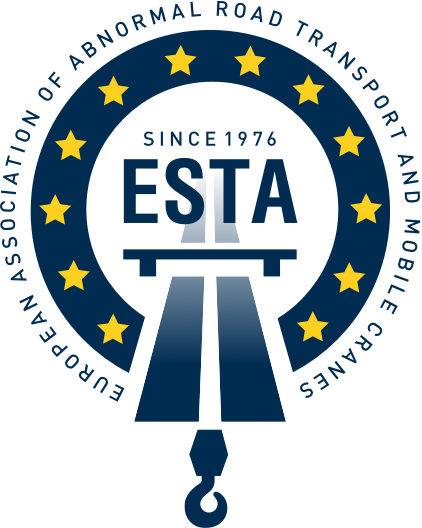New best practice guidelines for the safe transportation and erection of onshore wind turbines could be published before the end of the year, according to ESTA, the European association for abnormal road transport and mobile cranes.
The news follows the latest round of discussions between ESTA and the wind turbine manufacturers in Hamburg.
“We have agreed the overall scope and content of the document, and we are now working on the detail,” said ESTA Director Ton Klijn. “There is still a lot to do and we will need several more meetings of the working group yet, but we are optimistic that the new guidelines will be published by the end of this year.”
The guidelines are expected to include subjects such as common dimensions and standards for access roads and the methods of calculating the ground bearing pressure for crane pads. Talks have been on-going for over a year as part of ESTA’s attempts to improve safety standards and onsite efficiency.
The discussions are being lead by ESTA with the support of German association BSK, the crane manufacturers and VDMA Power Systems, the part of the German Engineering Federation whose members include the major turbine manufacturers.
Safety concerns have been growing with the development of new, bigger turbines with greater hub heights, downward pressure on costs along the supply chain and the increasing use of hard-to-access sites with difficult ground conditions.
ESTA, FEM and VDMA Power Systems plan to produce a core best practice document, backed up by other more detailed technical guidance documents such as the FEM 5.016 Guideline – Safety Issues in Wind Turbine Installation and Transportation (EN – 2017).
